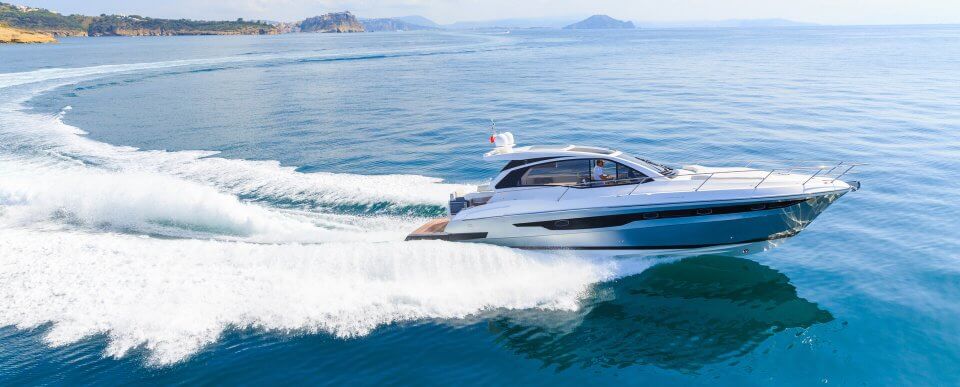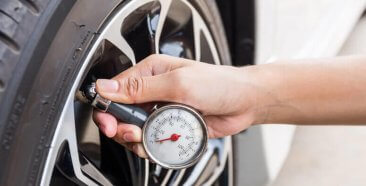
Of course, you wouldn’t want to risk driving your car around without insurance. Because, unless you’re incredibly lucky…the odds are far better you’ll be involved in some sort of traffic incident over the next couple of years. It doesn’t have to be your fault – you might even be caught up in one while being safe and minding your own business. It’s the way fate works. The same can be said about your boat. You can risk taking it out on your favorite recreational waterway and hope nothing happens to it…or you can make the right choice and purchase boat insurance to protect your valuable toy.
As usual, serious boating accidents occur every year. Coast Guard statistics show that, in 2011, there were 4,588 recreational boating accidents that resulted in 758 deaths. In addition, 3,081 boaters were injured and about $52 million in property damage was reported.
The consensus from the Insurance Information Institute is that everyone who owns a boat should strongly consider insuring it. The reason – boating insurance can cover the costs incurred in accidents, such as damage resulting from a collision with another boat, dock, or Jet Ski. Furthermore, it can provide uninsured boater coverage to help pay for injuries associated with an accident. And, more importantly, as with car insurance, liability coverage can protect you from damages you cause to others; whether it’s from physical injuries or property damage, it’s a vital part of a boat insurance policy.
There are two types of boat insurance to consider:
1. Actual Cash Value (ACV)
With actual cash value, your insurance company reimburses you for the value of your boat, minus depreciation. The negative of ACV is that, if your boat is a total loss, your insurance carrier will only give you the amount they feel the boat is currently worth, not the amount you believe it is or the amount it would cost to replace it with a similar boat. If the boat is deemed repairable, you’ll get a payment for the total cost of the repairs, less a percentage that equals the depreciated value of the boat at the time of the accident.
2. Agreed Amount Value (AAV)
With AAV, your insurance reimburses you for the real cost to replace your boat should it be considered a total loss – or pay for the full repair amount of damages to make it as good as new.
What your boat insurance will cost you depends on several factors, including:
- Type and size of watercraft.
- How and where it’s used.
- Value of the watercraft.
- Who will be driving the watercraft
The majority of insurers rate and underwrite a boat policy in the same way car insurance is rated – by the age of the operator.
Speaking about insurance, in case you’re wondering if a drunken boating violation can affect your car insurance rates, it’s just as illegal to operate a boat of any size under the influence of drugs or alcohol, as it is for driving a car under the influence. So, the answer is – it’s quite possible, depending on your particular state’s handling of boating under the influence.
While some standard homeowners policies offer limited coverage for boats, others do not and you should check with your insurance agent to see what your insurer actually covers. According to the Insurance Information Institute, most insurers typically offer boat insurance liability coverage limits of between $15,000 and $300,000.
If you’re buying a boat or currently own one that is uninsured, it makes sense to protect your investment. Don’t leave your exposure to liability up to chance – insure your boat for peace of mind.
Call Freeway Insurance at (800) 777-5620 to request a free boat insurance quote today and find out how affordable it can be to protect yourself and your watercraft.



